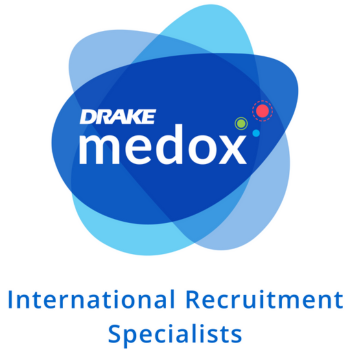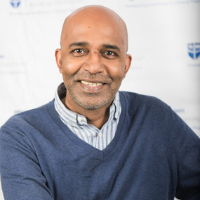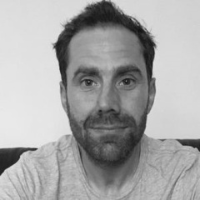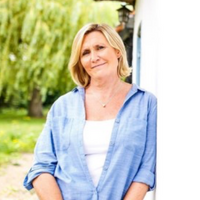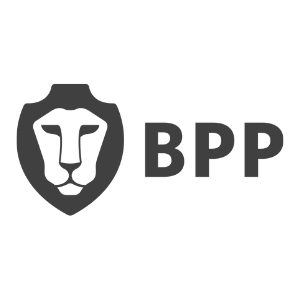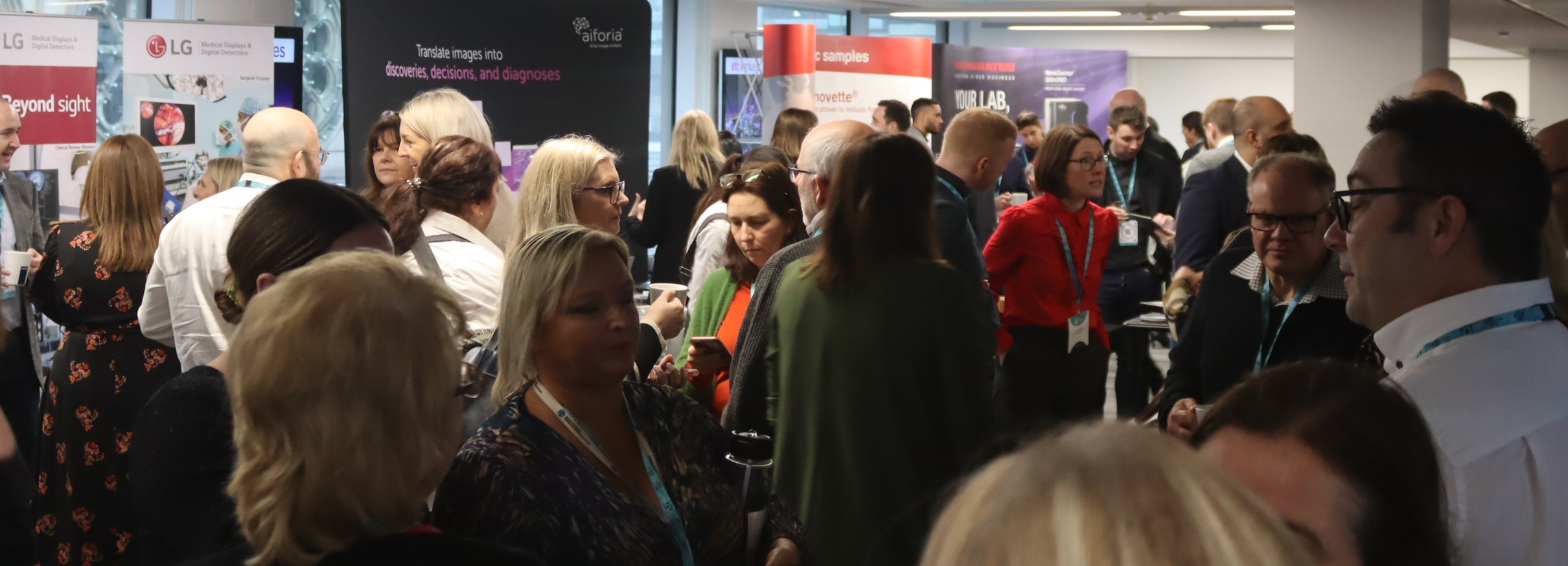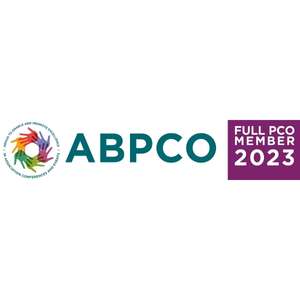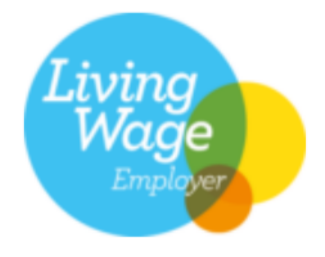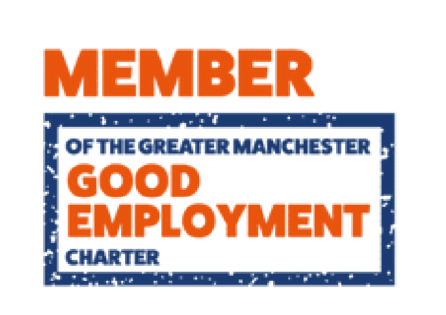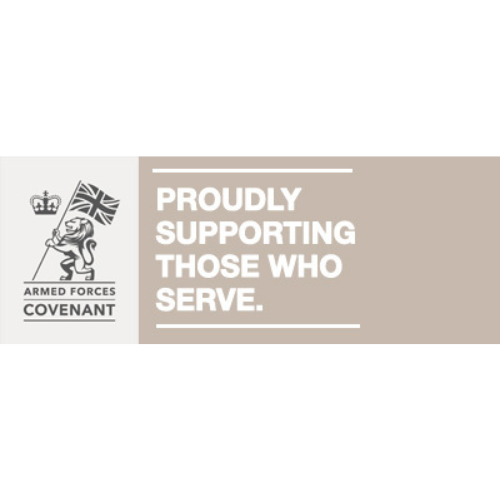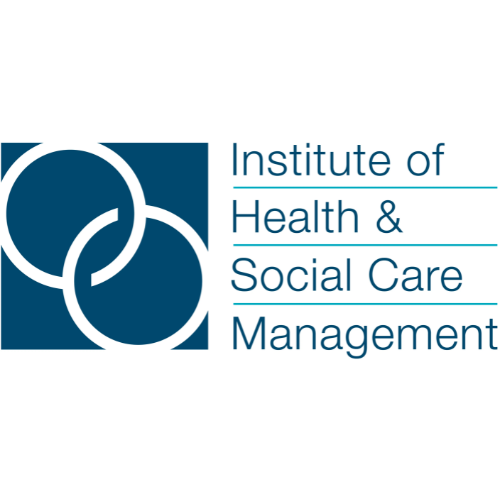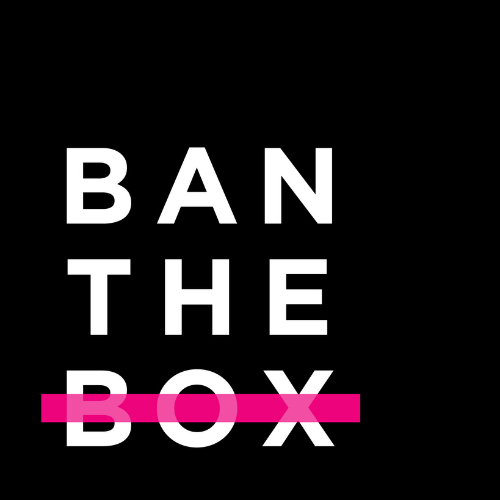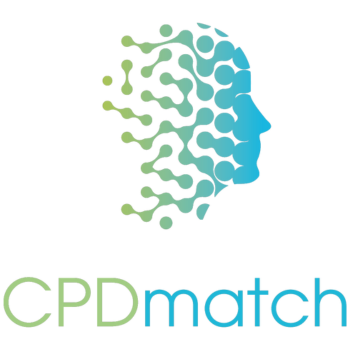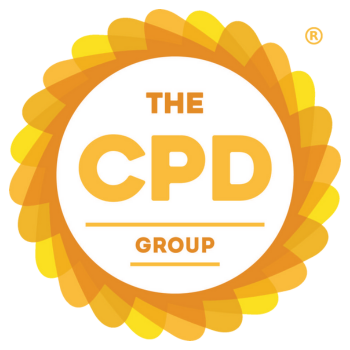The programme
08:00
Registration, Networking & Breakfast
Registration, Networking & Breakfast
09:00
Julie New
Personal recovery coach, author, speaker
Julie New - Personal Recovery Coach
Chairs Opening Address
09:05
Putting Recruitment, training and retention of NHS staff and digital transformation at the heart of the NHS in England (Confirmed)
Patrick Mitchell
Healthcare Consultant
Lecanora Ltd & Convenzis Advisory Board Member
Recruitment, training and retention of NHS staff and digital transformation will be put at the heart of the NHS in England, under new reforms announced by the Secretary of State for Health and Social Care today
09:25
Projecting future Primary care Workforce supply and demand: how large is the gap expected to be, and how might the government go about closing it? (Confirmed)
Elaine Kelly, PhD
Head of Economics Research
The REAL Centre at The Health Foundation
This presentation will compare long term projections of the Primary care workforce supply with the expected demand for nurses, in order to understand the extent of the gap, and what types of measures might be required to close it. We also consider the potential risks to future nurse supply from the pandemic.
09:45
Urgent action needed on nursing workforce shortages? (Confirmed)
Wendy Preston
Head of Nursing Practice
Royal College of Nursing
The Royal College of Nursing has published the first UK wide overarching nursing workforce standards for nursing. This session will provide an overview of the 14 standards and how they can be interpreted in the various settings.
It will also provide an overview of wider action required to achieve staffing for safe and effective care.
https://www.rcn.org.uk/professional-development/nursing-workforce-standards
10:05
Mairead Murphy
Director of International Recruitment
Drake Medox UK, RN
Main Sponsor
Presentation synopsis tbc
Q&A Panel
10:40
Morning Break, Networking & Refreshments
Morning Break, Networking & Refreshments
11:40
Chairs Morning Reflection
Julie New
Personal recovery coach, author, speaker
Julie New - Personal Recovery Coach
Chairs Morning Reflection
11:45
How do NHS Trusts build an engaged, flexible workforce that can adapt to fast-moving challenges?
Case Study - Acacium Group
How do NHS Trusts build an engaged, flexible workforce that can adapt to fast-moving challenges? Shannon Dudley from Acacium Group will present on how Acacium Group delivers affordable collaborative staffing models on local, regional, national international levels by breaking down the outdated barriers between bank, agency, perm and international siloes.
12:05
Case Study - Good Shape (Confirmed)
Amanda Manser
Director of Operations
GoodShape
Case Study Good Shape (Confirmed)
12:25
The benefits of kindness in the workplace
Dr Adam Harrison (He / Him)
Physician-Leadership Coach
Dr A M Harrison Coaching and Training Ltd
People tend not to leave a job; they leave bad bosses, unkind colleagues and toxic organisations.
People tend to prefer kinder managers and more annual leave over higher salaries.
Incivility in the healthcare workplace costs lives, both patients and staff.
What’s my point? I believe the key to the NHS workforce recruitment and retention crisis is an intentional effort for leaders and colleagues to simply be kinder to each other and lead with compassion.
A lot of us don’t know this. I’m on a mission to enlighten people.
12:45
The new normal of Employee Relations in the NHS – findings from HPMA’s 2022 research (Confirmed)
Richard Peachey
Consultant
CMP
Tony Bennett
Senior Research Fellow
UCLAN
Dean Royles
Non-Executive Director
Humber NHSFT
Dr. Adrian Wright
Deputy Head of the School of Management and Director of Institute for Research into Organisations, Work and Employment (iROWE)
University of Central Lancashire
Case Study
Richard Peachey, Head of Business Development CMP, Tony Bennett, and Adrian Wright from iROWE, Nicky Ingham, HPMA
“The new normal of Employee Relations in the NHS – findings from HPMA’s 2022 research”
Q&A Panel
Networking & Lunch
14:00
Julie New
Personal recovery coach, author, speaker
Julie New - Personal Recovery Coach
Chairs Afternoon Address
14:05
The role of apprenticeships delivering the NHS People Plan
James Hammill, Executive Director of Apprenticeships at BPP (Confirmed)
Exploring the role of apprenticeships in supporting the achievement of key objectives within the People Plan by 2030.
You will hear from BPP’s Executive Director of Apprenticeships, James Hammill, along with a live case study from Great Ormond Street Hospital.
14:25
Understanding, measuring and improving employee experience and engagement in the NHS (Confirmed)
Zoe Evans
Head of Staff Engagement
NHS England
Introducing the unifying frameworks for employee experience, key measurements, importance of employee engagement and driver analysis to focus on actions.
14:45
NHS Staff Survey – working with your feedback
Hanan L’Estrange-Snowden
Insight Manager
Picker Europe
Picker Europe
Using a person centred approach ensures that the highest quality care is delivered; this applies to staff, and the patients and service users they look after. In this presentation, we’ll consider how best to apply the insights from staff feedback using case studies from trusts that have successfully implemented improvement strategies.
You will hear about how:
- Experience can and should be measured and monitored through a range of mechanisms
- Incremental improvements can lead to long-term change
- How to ensure a continuous cycle of improvement
15:05
Workforce Race Equality Standard: Making Equal Opportunities a Requirement in the Workplace (Confirmed)
Anton Emmanuel
Lead for WRES
Welsh Government
Workforce Race Equality Standard: Making Equal Opportunities a Requirement in the Workplace
Across all indicators BME people, in general, are more likely to:
➢Health – get chronic diseases and die sooner
➢Wealth – make less money over their life course
➢Housing – live in poorer areas and accommodation
➢Judiciary – to be convicted and imprisoned
➢Employment – have poorer experiences and opportunities in the workplace Race inequality: a global challenge 2
Increasing the racial and wider diversity of the health care workforce is essential for the adequate provision of culturally competent care to UK's burgeoning minority communities. A diverse health care workforce will help to expand health care access for the under-served, foster research in neglected areas of societal need, and enrich the pool of managers and policymakers to meet the needs of a diverse population, this presentation will outline the “why and the how” on implementing an improved framework for race equality in the NHS
Close of Day


